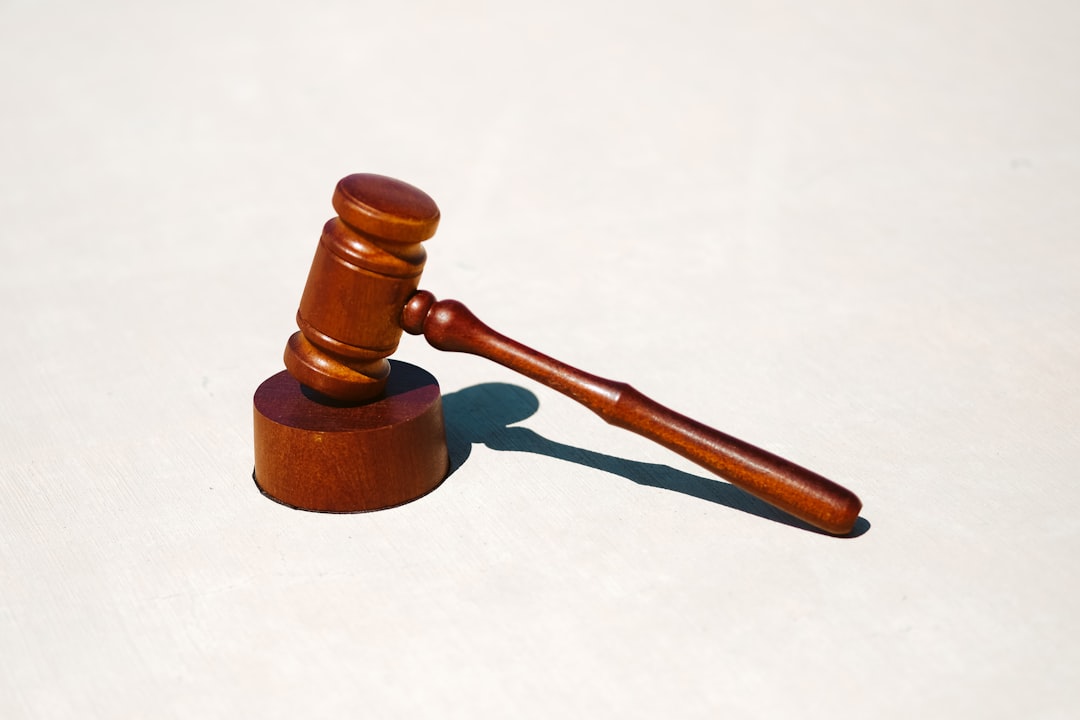Oregon has stringent debt collector laws to protect consumers from aggressive collection practices, including mandates for professionalism and respect for debtors' rights. Debtors in Oregon are entitled to validation of debt requests within 30 days, limited contact methods by collectors, and the right to cease communication at any time. Violations can be reported to the Oregon Attorney General's Office, and legal aid organizations assist residents in understanding their rights under these laws, which include both state and federal protections.
Navigating the complex landscape of debt collection laws in Oregon can be challenging, especially when dealing with persistent collectors. This article guides you through Oregon’s debt collection regulations, empowering debtors with their rights and legal protections. Discover effective strategies to handle relentless debt collectors while understanding the specific rules that apply to your situation. By the end, you’ll have a comprehensive toolkit for safeguarding your financial well-being in Oregon.
Understanding Oregon's Debt Collection Laws

Oregon has specific laws in place to protect consumers from aggressive or unfair debt collection practices. These laws are designed to ensure that debt collectors maintain a level of professionalism and respect for individuals’ rights. Under Oregon law, debt collectors must adhere to strict guidelines regarding communication methods, timing, and overall behavior when attempting to collect on debts.
Debt collector actions, such as frequent calls, threatening language, or the use of abusive or harassing tactics, are prohibited. Consumers have the right to request validation of the debt, meaning collectors must provide proof that the debt is legitimate. Oregon’s debt collection laws also dictate the amount and type of fees that can be charged and how long collectors can continue attempts to retrieve a debt. Understanding these rights and laws is crucial for individuals facing persistent debt collectors.
Rights of Debtors Under Oregon Law

Under Oregon law, debtors have specific rights when dealing with debt collectors. According to the Oregon Debt Collection Act (ODCA), debt collectors must adhere to strict guidelines when attempting to collect a debt. This includes providing proper identification and disclosing the nature of the debt. Debtors have the right to request validation of the debt, meaning they can ask the collector for proof that the debt is legitimate and the amount demanded is accurate.
Additionally, Oregon law restricts the methods debt collectors can use to contact debtors. They are prohibited from calling excessively, using abusive or harassing language, or contacting individuals at inconvenient times, such as before 8 a.m. or after 9 p.m. Debtors can also request that the collector cease communication and, if applicable, file a complaint with the Oregon Attorney General’s Office if they believe their rights have been violated under the debt collection laws in Oregon.
Strategies to Handle Persistent Debt Collectors

When facing persistent debt collectors, it’s crucial to know your rights under Oregon laws. One effective strategy is to communicate clearly and assertively with the collector, requesting proof of the debt and verifying the amount. According to Oregon law, debt collectors must provide written validation of the debt within a reasonable time, often within 30 days of initial contact. Refusing to accept unverified claims can be a powerful deterrent.
Additionally, if a debt collector harasses or uses unfair tactics, you have legal recourse. Document all interactions, save any communication (including emails and texts), and consider seeking advice from consumer protection agencies or an attorney specializing in debt collection laws in Oregon. Knowing your rights and using these documentation tools can empower you to navigate the situation effectively.
Legal Recourse and Protections for Oregon Residents

In Oregon, the interaction between debtors and debt collectors is governed by state laws designed to protect residents from aggressive or unfair practices. The Oregon Debt Collection Act (ODCA) provides a framework for debt collection activities, ensuring that collectors adhere to ethical standards. Under this act, debt collectors must disclose their identity, the amount owed, and the consequences of non-payment. They are prohibited from using abusive, threatening, or deceptive language when communicating with debtors.
Oregon residents have several legal options if they believe they’re being harassed by persistent debt collectors. The Fair Debt Collection Practices Act (FDCPA) offers additional protections at the federal level, which Oregon laws reinforce. Debtors can file complaints with the Oregon Attorney General’s Office and seek damages for any violations. Legal aid organizations and non-profit consumer advocacy groups also provide resources and assistance to help residents navigate their rights under debt collection laws in Oregon.






